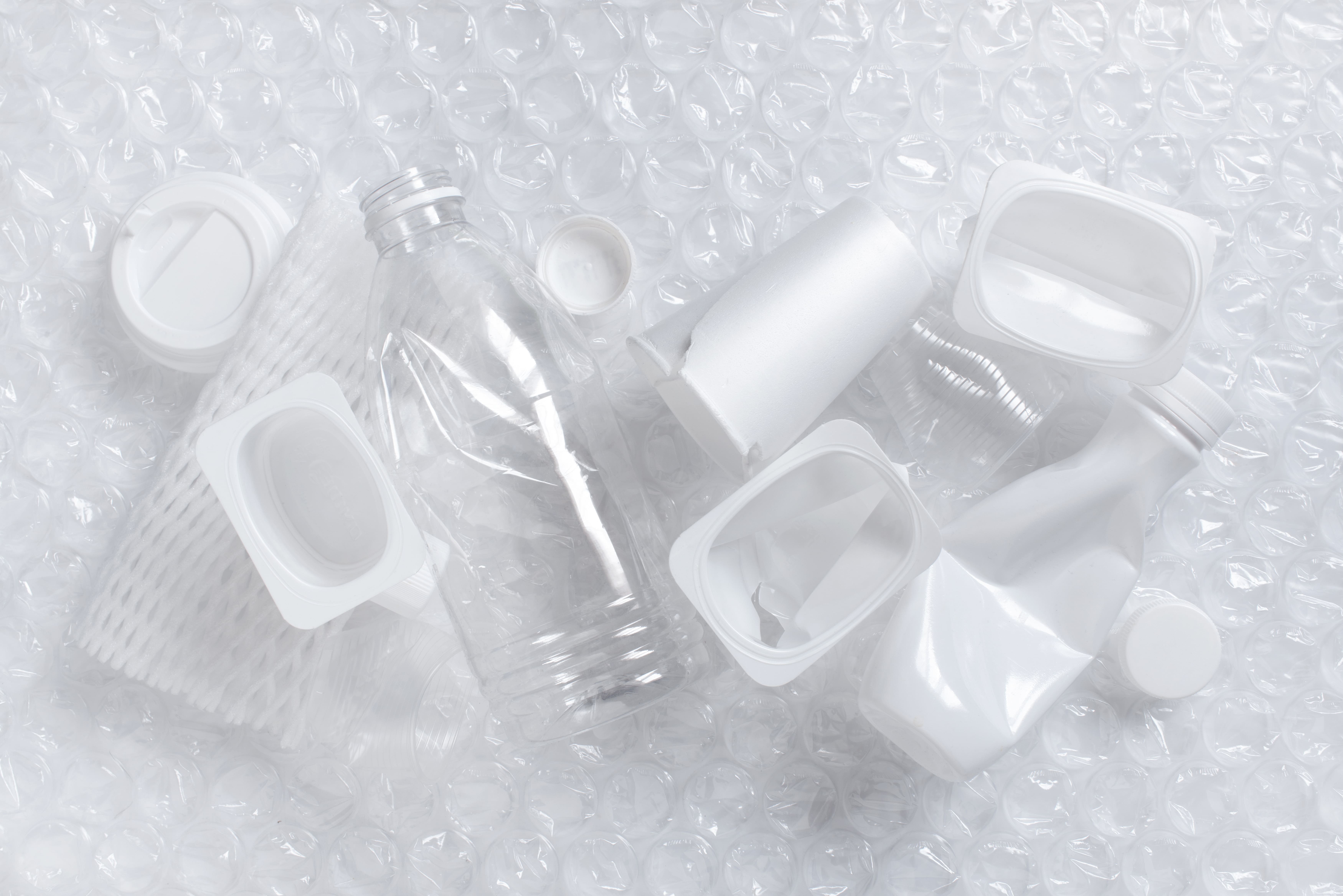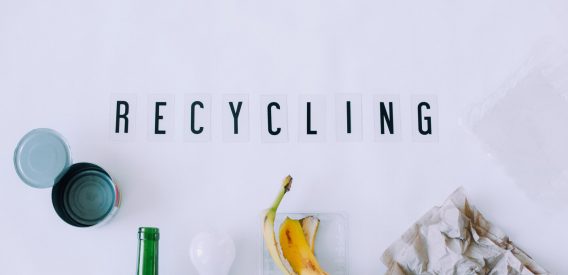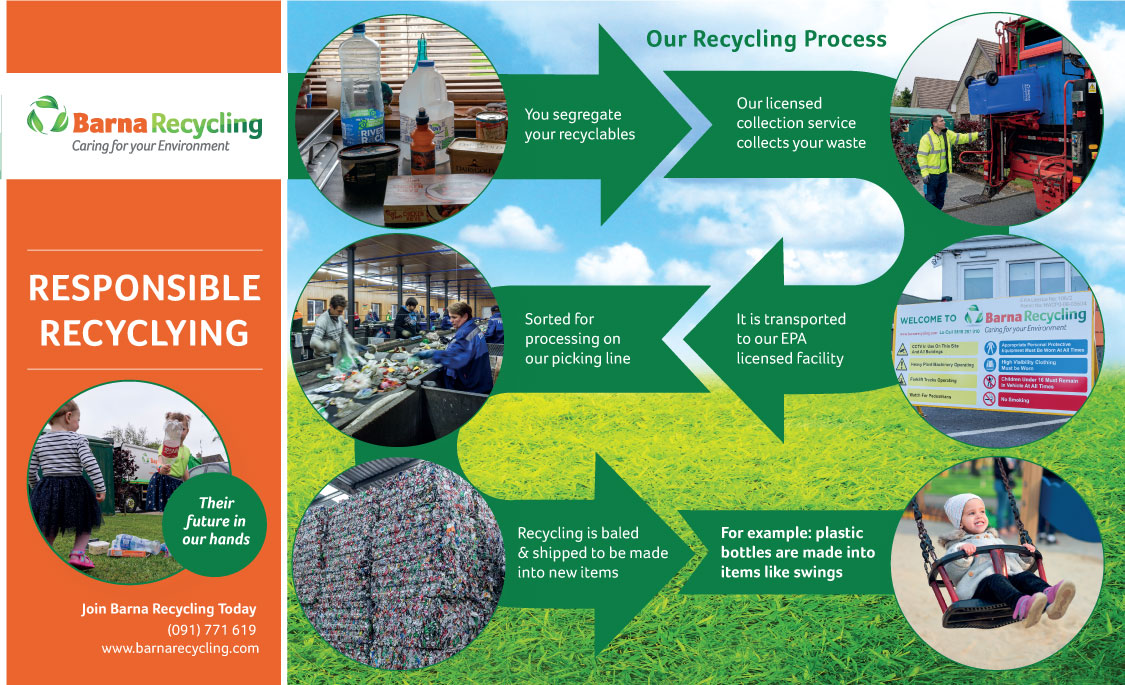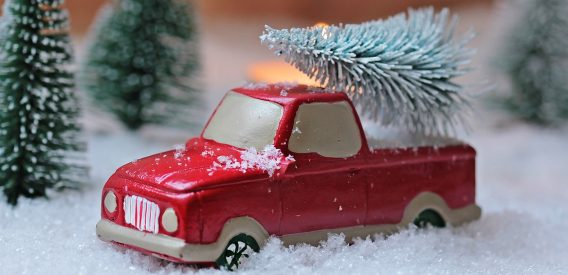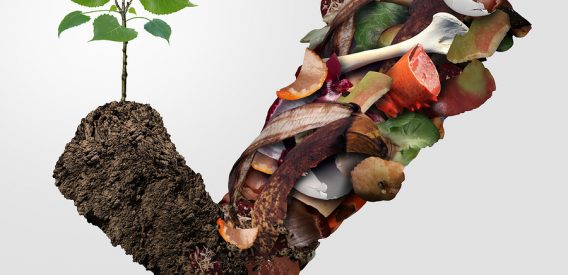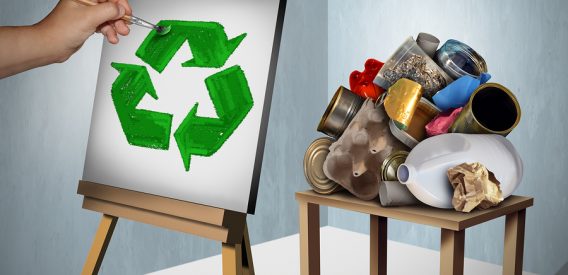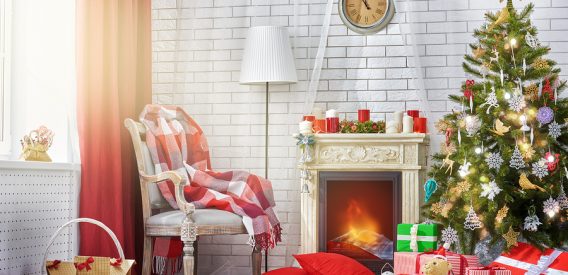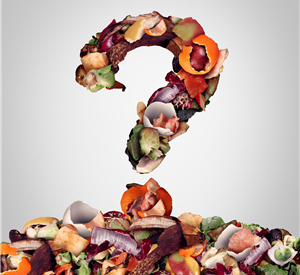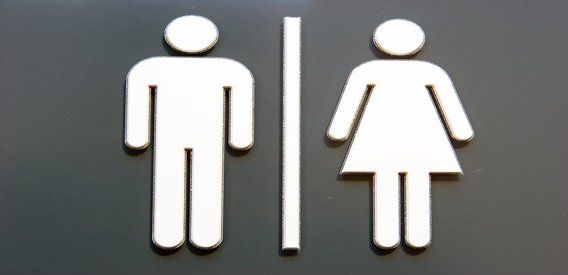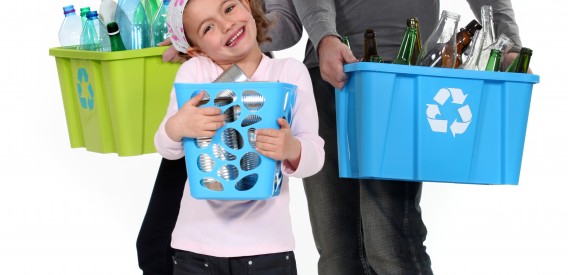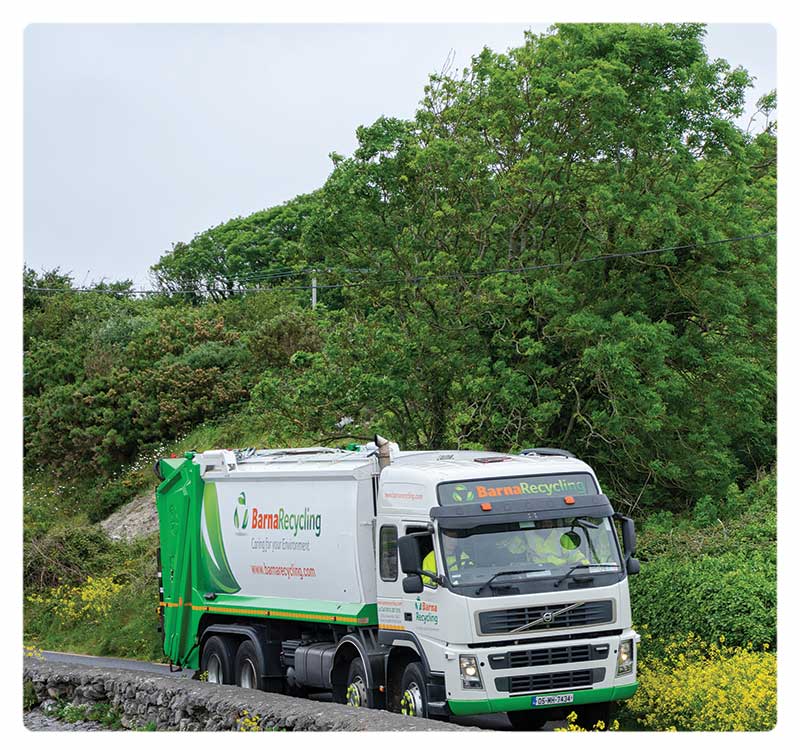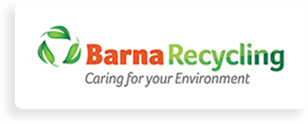- Barna Recycling
- Apr 19, 2021
- plastic use, plastic waste, Recycling Tips
Tips For Reducing Your Use Of Plastic
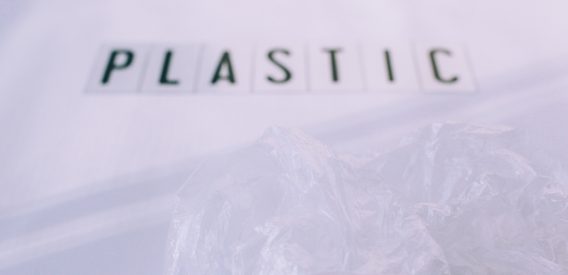
Are you looking to reduce your use of single-use plastics in your home but not sure exactly how to start or just need a bit of inspiration as to alternatives you can use instead of going for the safe option of a e.g. plastic water bottle, then look no further, we’ll set out 8 steps you can take to start reducing plastic in your home today, and don’t worry they aren’t too drastic, just small changes that can make a big difference.
1. Carry reusable shopping bags
Do you often go to pick up some groceries and then have to pay for a plastic bag to get them home? Why not start carrying around reusable shopping bags? Pop some bags in the boot of your car or leave them beside your shopping list, somewhere you’ll remember to grab them on your way out on shopping days. And why not use them for more than just grocery shopping, use them for the likes of clothes shopping too!
2. Food packaging
Approximately 25% of domestic waste is from packaging. Supermarkets offer more biodegradable food packaging options instead of carrying some loose netting or reusable bags to pack fruit, veg, or baked goods.
3. Stop using plastic bottles of water
Why not invest in a reusable water bottle and bring this to work/ on walks/ to the gym and just generally when you are out and about, a lot of restaurants/ bars are happy to refill your reusable bottle for you when you’re on the go. Not to mention using a reusable bottle will save you a lot of money in the long run.
4. Use a reusable travel mug for tea/ coffee
Similar to the step above, bringing a reusable travel mug with you when getting take away teas/ coffees will help reduce your use of single-use plastics. And often times, if you are using a reusable cup the shop will give you a small discount on the cost of your drink.
5. Don’t get the little plastic table when ordering pizza
This is something many people wouldn’t even think of, but when ordering a takeaway pizza, ask the restaurant not to include a little plastic table in your pizza!
6. Cut back on frozen convenience foods
There is a lot of packaging used for frozen convenience foods, we aren’t saying stop buying them altogether, they are handy to have in, for busy evenings when you don’t have time to cook, but why not try cutting back on the number of frozen convenience foods you currently purchase.
7. Choose toilet paper not wrapped in plastic
A lot of toilet roll suppliers are now using an alternative to plastic wrapping, they are using paper which is much more widely recycled. Why not opt for these brands of toilet roll over the plastic-wrapped options.
8. Choose shampoo, not in plastic bottles
Some shampoo producers are working on innovative ways to produce their shampoo without using plastic bottles. You could do some research to find suppliers who are moving away from the use of plastic bottles and find one you like.
These are just some simple ideas to get you started on reducing the use of single-use plastics in your home.


